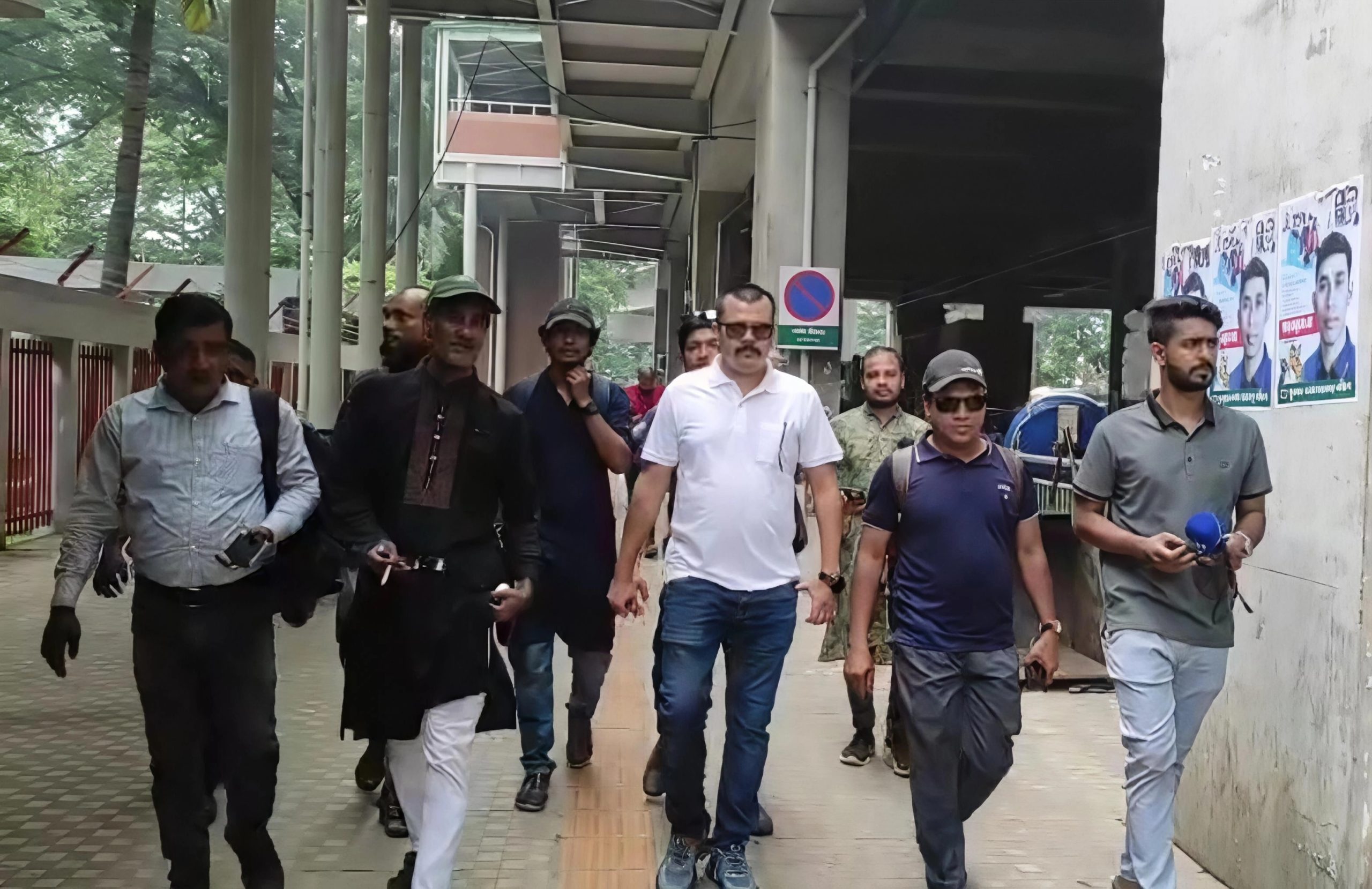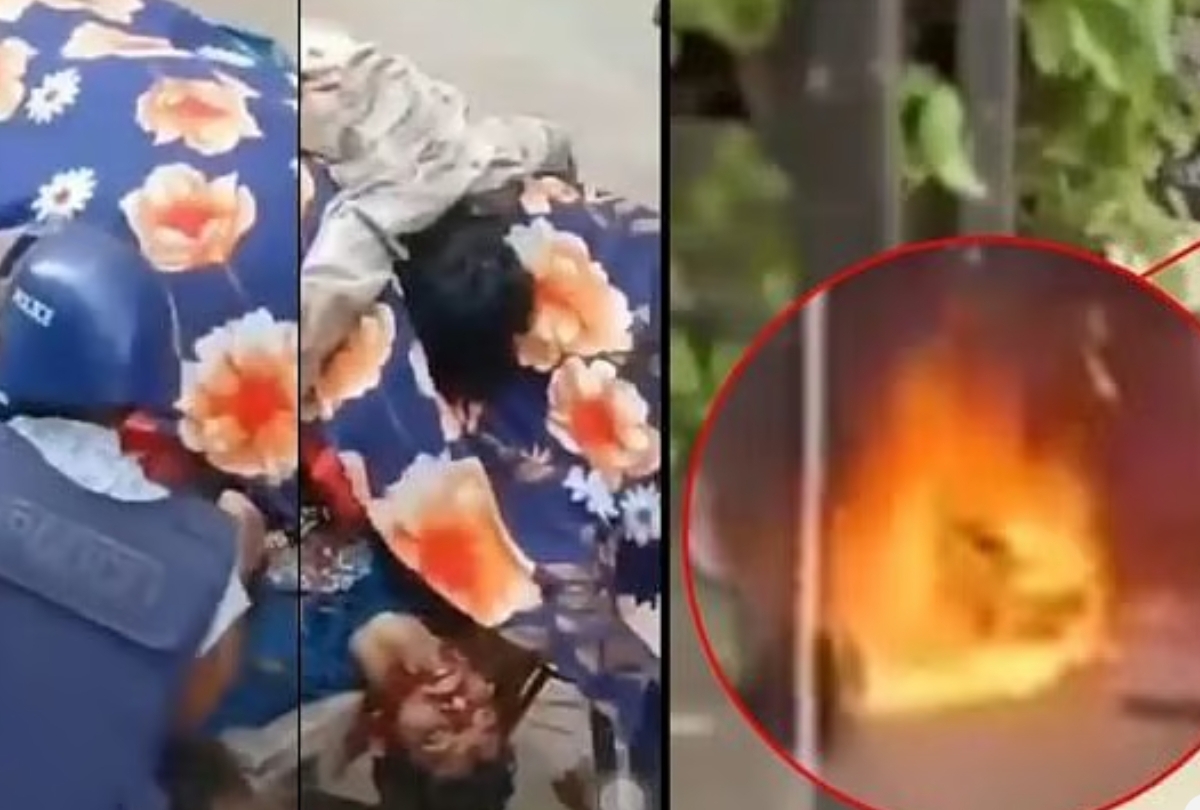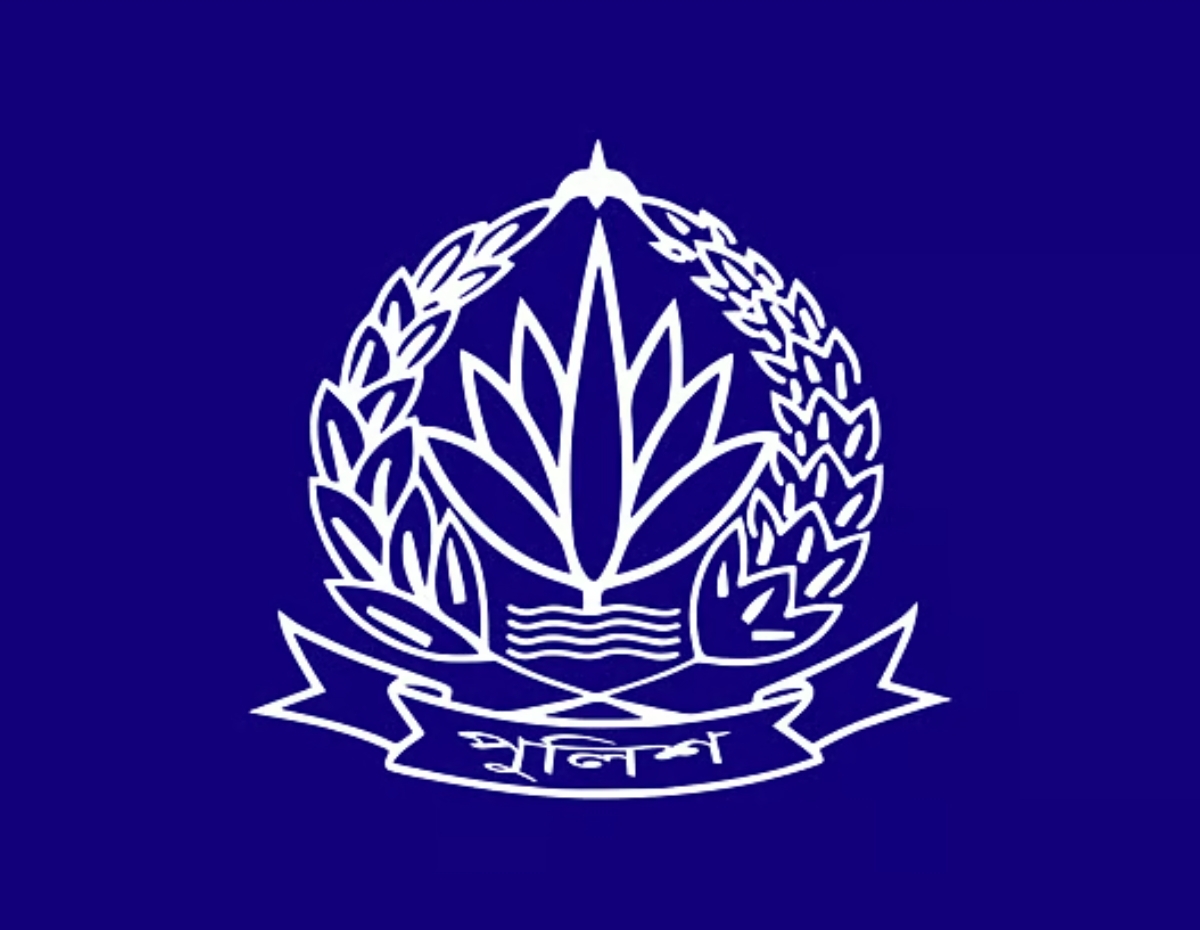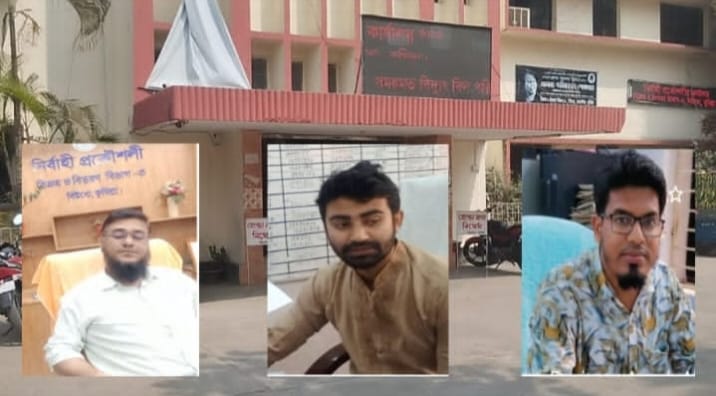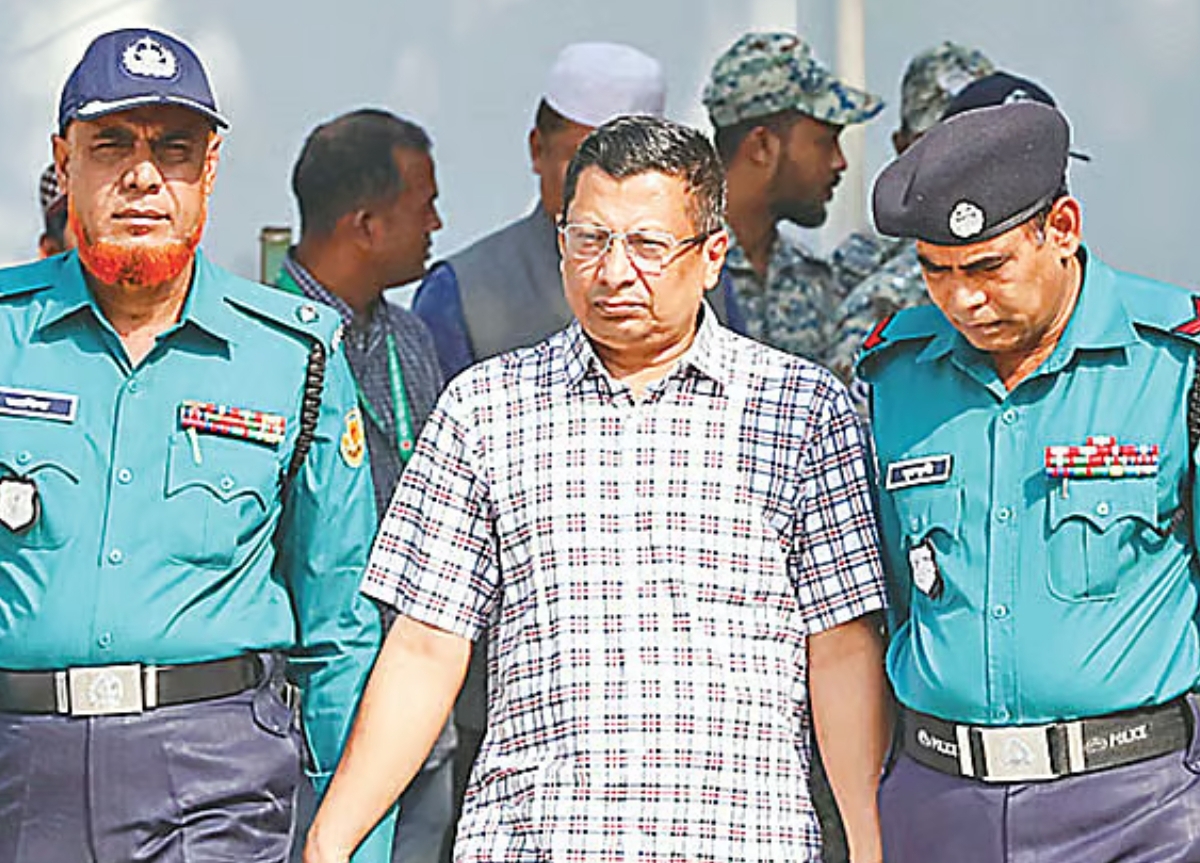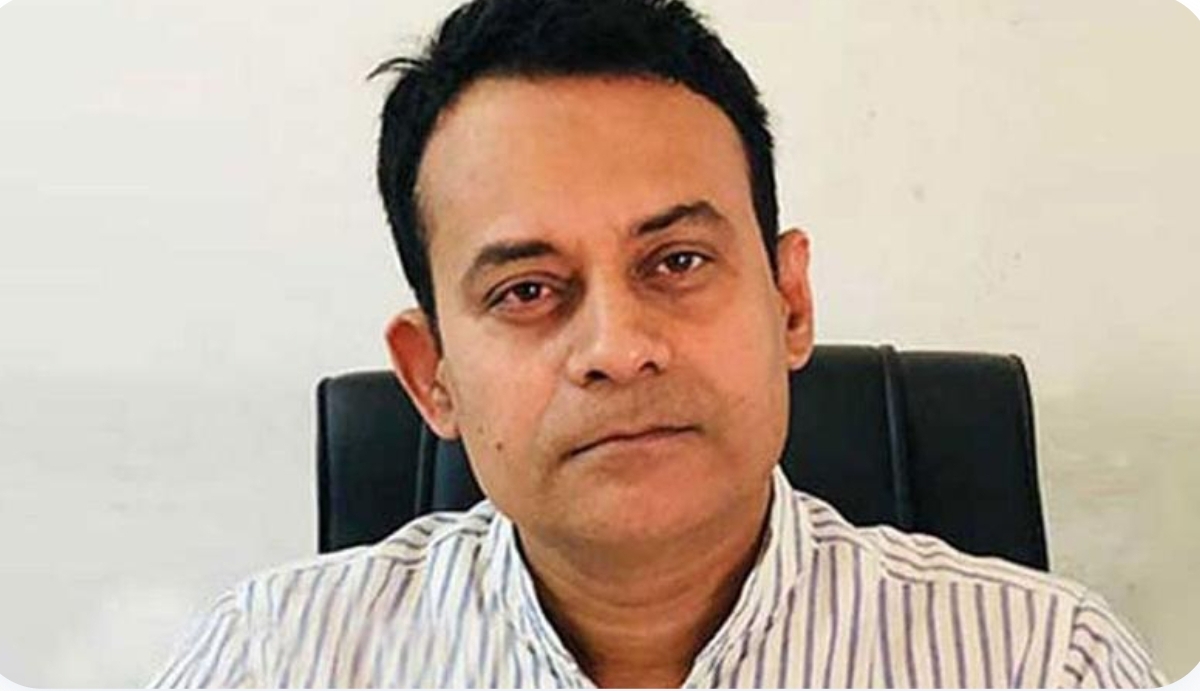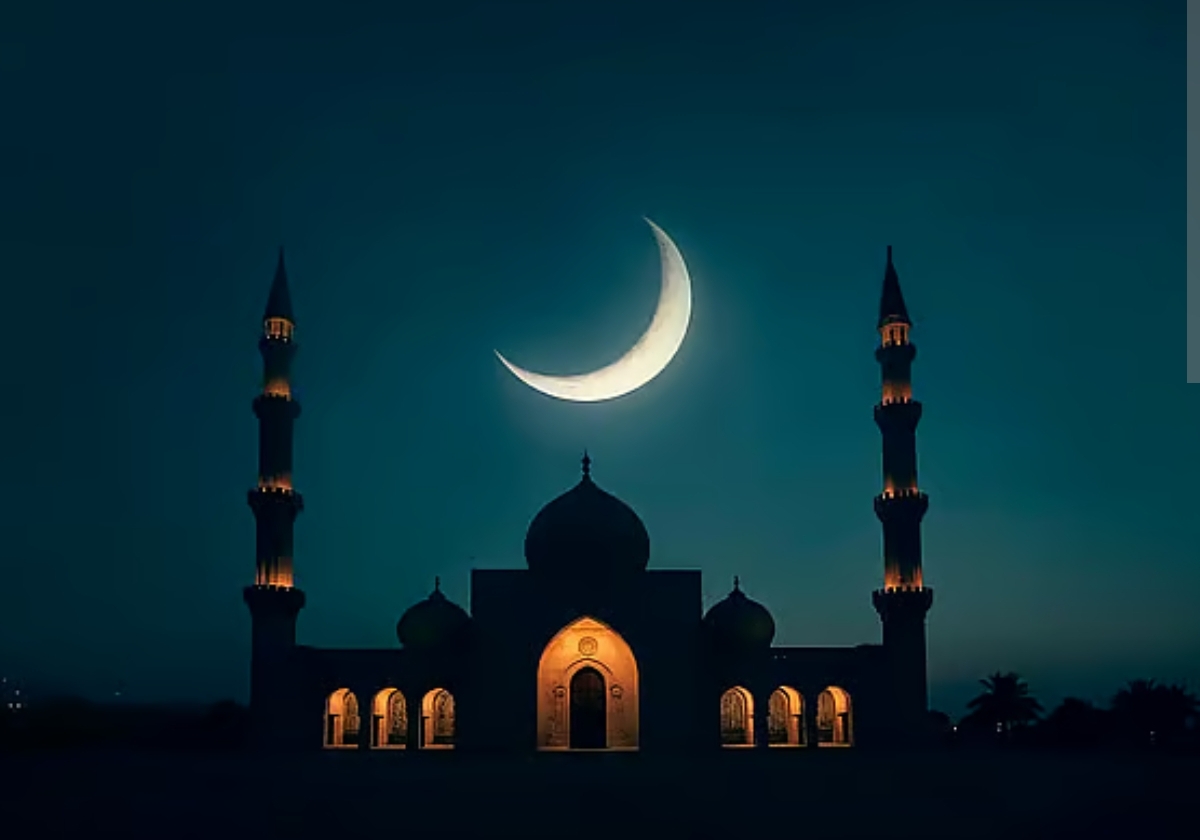Al Baru Mustakim Nibir’s Contribution to the July Uprising

- Update Time : 07:58:57 am, Saturday, 13 September 2025
- / 447 Time View

Staff Reporter
The July mass uprising stands as one of the defining moments in Bangladesh’s political history. Alongside students and ordinary citizens, the media played a crucial role in shaping and sustaining this movement. Among them, investigative journalist Al Baru Mustakim Nibir of the Daily Manabkantha made a remarkable contribution.
Nibir was at the forefront in demanding justice for the journalists and students killed during the July protests. Defying curfews and Section 144 restrictions, he urged people to take to the streets. He repeatedly appealed to veteran journalist Saidur Rahman Rimon to announce protest programs, after which Rimon took the initiative to break the curfew and lead demonstrations against the killings.
During the movement, Nibir also provided financial support and essential supplies. His efforts brought together several organizations, including the Old Dhaka Journalists’ Forum, to join the protest programs. Braving strict surveillance, threats, and intimidation from the then Sheikh Hasina government, he stood firm on the streets.
His activism, however, came at a personal cost. For his role in mobilizing protests against the killings, Nibir was forced into homelessness. The Hasina administration reportedly attempted multiple life-threatening attacks on him. By divine grace, he survived and continued to fuel the student movement with even greater determination.
Thanks to his fearless reporting, the international media highlighted the repression faced by journalists and students in Bangladesh. His work helped create global pressure against the authoritarian regime.
Thus, Al Baru Mustakim Nibir’s contribution to the July uprising remains highly acclaimed. His role proves that a journalist is not merely a reporter of events but, when needed, can also become the voice of the people.



